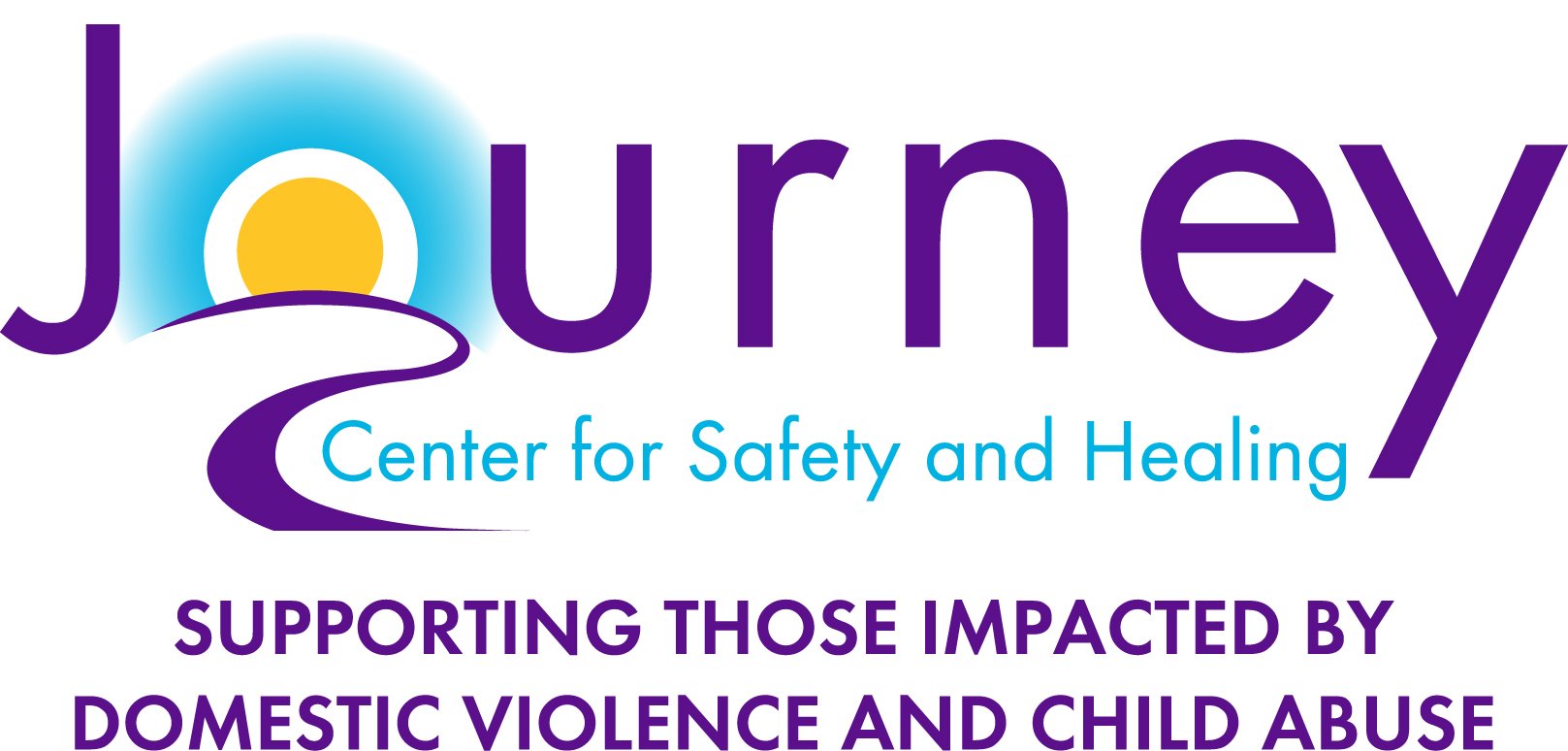Let's Talk: Identifying Child Abuse
The first step in helping children who have been abused or neglected is learning to recognize the signs of child abuse. The presence of a single sign does not necessarily mean that abuse is occurring in a family, but a closer look at the situation may be warranted when these signs appear repeatedly or in combination.
The signs of child abuse aren’t always obvious, and a child might not feel able to tell anyone what’s happening to them. Sometimes, children don’t even realize that what’s happening to them is abuse. While physical abuse often leaves visible scars, not all child abuse is as obvious, but can do just as much harm. There are red flags and warning signs that can suggest something is wrong.
The four different types of child abuse are emotional abuse, sexual abuse, physical abuse, and neglect.
Warning signs of emotional abuse:
Excessively withdrawn
Fearful or anxious about doing something wrong
Showing extremes in behavior
Doesn’t seem to be attached to the parent or caregiver
Delayed emotional development
Low self-esteem
Warning signs of sexual abuse:
Trouble walking or sitting
Displays knowledge or interest in sexual acts inappropriate to their age
Makes strong efforts to avoid a specific person, without an obvious reason
Warning signs of physical abuse:
Frequent injuries or unexplained bruises, welts, or cuts
Always watchful and “on alert”, as if waiting for something bad to happen
Shies away from touch, flinches at sudden movements
Seems afraid to go home
Warning signs of neglect:
Clothes do not fit properly, not laundered, or inappropriate for the weather
Hygiene is consistently bad or poor
Untreated illnesses and physical injuries
Frequently unsupervised or left alone
Understanding the types of abuse is the first step in preventing it. Having open, friendly conversations (with healthy boundaries) allows the child to trust you and feel comfortable telling you if they don’t feel safe. Let children know it’s okay to tell you something even if it might upset someone. Remind the child that it is not their fault. They are not responsible for the abuse.
Remember, you are not alone. We are always here for you when you need to talk. Call or text our 24-Hour Helpline: 216.391.4357 (HELP) or live chat.
